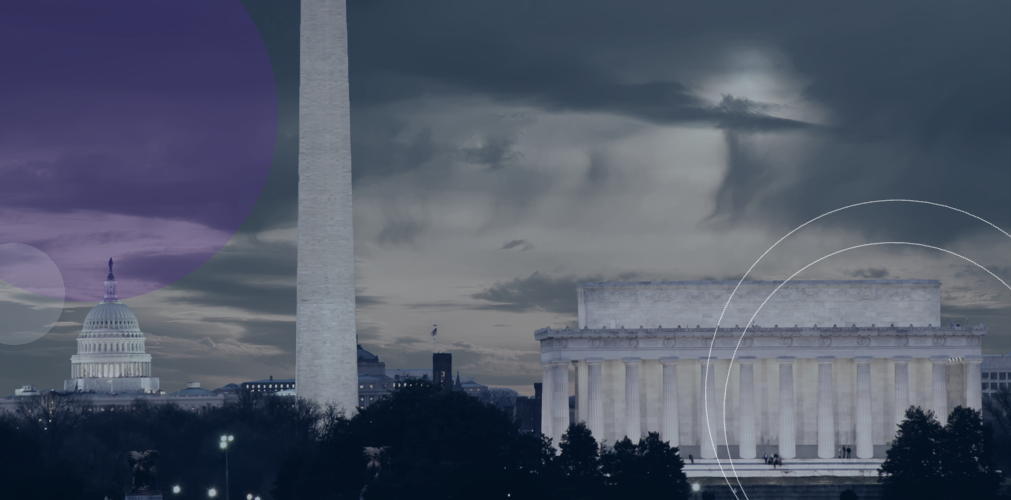In a high-profile legal move, the attorneys general of 19 states and the District of Columbia have filed suit against the Trump administration for its efforts to defund and dismantle key components of the U.S. Department of Health and Human Services (HHS). The lawsuit alleges that these actions violate federal law and threaten critical health infrastructure, especially programs aimed at underserved populations.
The lawsuit focuses on a series of administrative actions taken during the Trump administration to limit funding and operational capacity across HHS divisions, including massive layoffs that took place on April 1. Plaintiffs argue these rollbacks violate the Administrative Procedure Act, undermine statutory mandates, and put public health at risk. The legal challenge seeks to restore funding and block further dismantling of essential health programs.
Key Concerns Cited in the Lawsuit
- Curtailment of Title X funding, which supports family planning and preventive health services for low-income individuals.
- Disruptions to disease prevention efforts, including HIV/AIDS prevention and maternal health programs.
- Failure to follow lawful rule-making processes, including lack of stakeholder consultation and public comment periods.
Implications for Hospital Leaders
This legal battle signals significant policy volatility that hospital and health system leaders cannot ignore. Here are three key takeaways:
- Monitor Federal Funding Risks
Hospitals reliant on federal grants—especially Title X, Ryan White HIV/AIDS Program, or maternal-child health block grants—should prepare contingency plans and track judicial developments closely. - Engage in Advocacy
Health system executives should consider engaging with state hospital associations to advocate for consistent, predictable funding policies and protections for community health programs. - Strengthen Community Partnerships
As political tides shift, hospitals can mitigate service gaps by deepening partnerships with local public health agencies, FQHCs, and nonprofit providers who may also be affected by federal policy changes.
